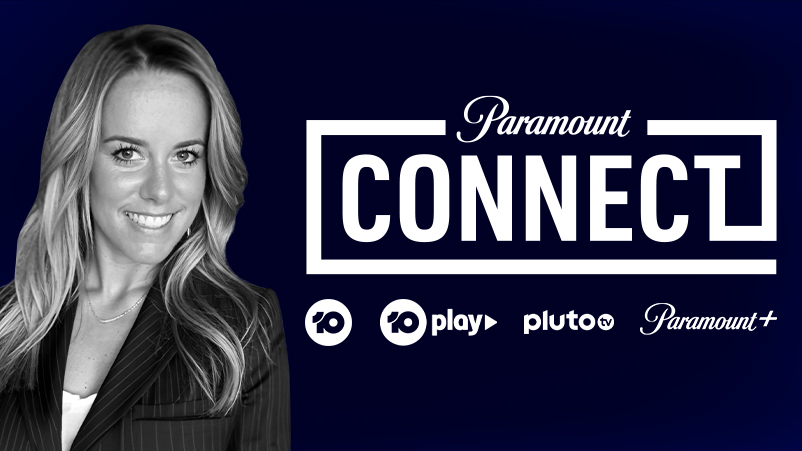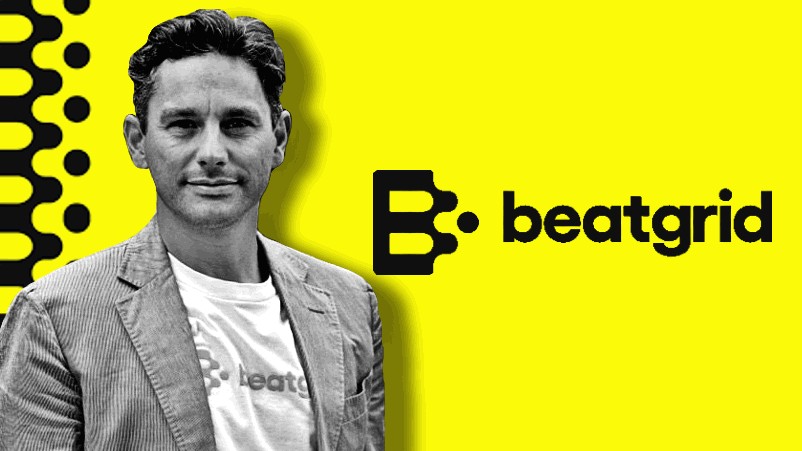There is no ‘post-Covid’ for New Zealand’s $40bn tourism sector - but there is a new responsibility

After the “most significant moment” in recent tourism history, Tourism New Zealand’s Australian boss Andrew Waddel is betting on never reaching a true ‘post-Covid’ era. The people and brands currently flourishing, he says, are building the future into the why, how and what they are doing now.
The crisis you are dealing with is not the crisis
When New Zealand closed its borders to international travellers on 12 March 2020, it marked the most significant moment in the travel and tourism industry in recent history. The implications of the pandemic ripped through the industry like a tsunami coming onto land, and we’re still working through it today.
Prior to the COVID-19 outbreak, domestic and international tourism in New Zealand generated $40.9 billion. It was our biggest export earner, supporting many of New Zealand’s communities and employing one in eight people.
When borders closed, the number of Australian visitors dropped from over 1.5million annually to zero. One year on, whilst borders are still closed, the work to reopen and re-ignite international travel has never been more important.
Although challenging, the border closure also provided a unique moment in time to reassess our entire approach to tourism: to shift the paradigm to a place where it gives back more than it takes. As an industry, tourism should enrich New Zealand economically, but it should also benefit our society, our culture, and our environment.
I don’t believe we’ll ever reach true ‘post-Covid’ times; that things will return to pre-Covid normality
You’re only naive once, so make the most of it
In his book Cult Status – How to Build a Business People Adore, Tim Duggan explores the idea of not knowing what you don’t know, and importantly, how to embrace this notion. One quote from the book that stood out to me was, ‘You’re only naive once, so make the most of it’. I couldn’t think of a better quote to capture our business learnings from the past 12 months.
Covid has been a great leveller; no one has experienced this before and we’re all in the same boat. People, brands and companies that are succeeding right now have embraced the unknown, and specifically turned ‘not knowing’ into an opportunity to develop a competitive advantage. They’ve asked themselves tough questions, stepped up to the challenge, sought to understand the new ‘consumer in context’ and worked on ‘how’ they were going to navigate the stormy waters now, then tomorrow, and then beyond. And they certainly didn’t do it alone.
Build the future into your response now, ‘after Covid’ will never come
I don’t believe we’ll ever reach true ‘post-Covid’ times; that things will return to pre-Covid normality.
The people and brands currently flourishing are building the future into the why, how and what they are doing now. In tourism, the pause gave us an opportunity to step back, reframe and reimagine the sector in a more sustainable way. We have a shared responsibility to look after our place and people, and to help others do the same.
This sense of care and guardianship comes from the Maori concept of Tiaki, which means ‘to care for and protect’ in Te Reo Māori. It’s a value and principle that is as relevant today as it was 100 years ago and it’s why we created the Tiaki Promise.
The Tiaki Promise actively encourages all visitors to care for the land by treading lightly, travelling safely, showing consideration for all people and respecting New Zealand’s culture with an open heart and mind. It actively encourages all visitors (domestic and international) to experience New Zealand in a way that keeps everyone safe, protects our environment, respects our culture and protects the country for future generations.
What’s the most important thing in the world?
A well known Maori proverb asks this very simple question. The answer is just as simple. ‘He tangata, he tangata, he tangata’, which translates to ‘It is the people, the people, the people’.
People are at the very epicentre of travel and tourism. We need to ensure that, as our sector develops and grows it contributes to the wellbeing of people – visitors and locals alike.
After the year that has passed, it is the importance of people – no matter what industry you’re in.


